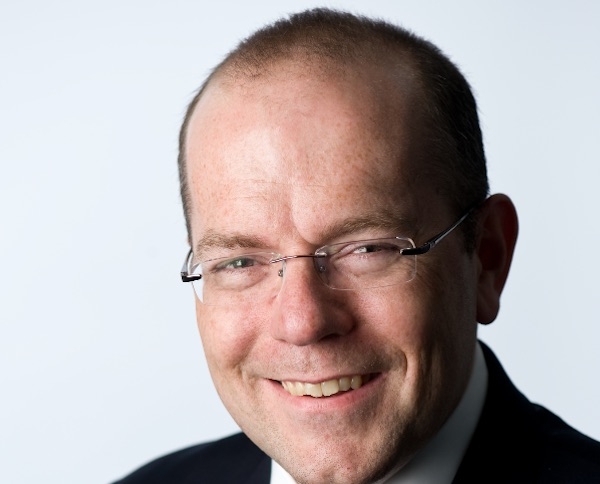
FCA CEO Woolard urges new regulatory model

In his final speech as interim FCA CEO Christopher Woolard has urged the UK to seek a new regulatory model as it faces up to some ‘painful lessons.'
Mr Woolard, speaking to delegates at the 10th annual International Financial Services Forum, said regulatory reviews due to publish their findings this autumn would provide “painful lessons” for the regulator.
He said: “In the autumn, we will see the results of a number of reviews into potential failures of the regulatory system. I have no doubt there will be painful lessons and the FCA will need to learn from them.”
Mr Woolard, soon to leave the regulator to carry out a review of regulation, said the FCA was at a regulatory “cross-roads” and needed to build a new regulation model.
He said: “The FCA finds itself – like the industry it regulates, like the society it regulates on behalf of, and the polity its regime is designed by – at a cross roads.
“The coronavirus emergency, business models, technology and consumer expectations are coming together to pose a series of dilemmas that society, business and regulators will need to tackle.”
He said Covid-19 had Covid had accelerated consumer adoption of “tech-enabled business models” and this was creating new work for the FCA and also leading to more scams.
But he added that the FCA and wider society had to decide what type of regulator was needed as the FCA could not monitor everything.
Britains’ exit from the EU also raised questions of what type of regulation was needed in future.
He said the workload for its 4,000 staff was already huge.
He said the FCA now handled 204,000 calls a year from consumers and firms and 500,000 data submissions. Every day it received and monitored 38 million markets transactions.
He said: “I have 4,000 colleagues willing to make judgements. They are good people. Some routinely put themselves in the way of harm for the public they serve.
“We deal with individuals who you would not like to meet – some are dishonest, some corrupt, some dangerous. We seek to help millions of ordinary people – and we have during this pandemic. But the nature of the work we do means the odds are there will be times where we cannot stop failure or where we call a finely balanced judgement wrongly or miss something.”
He said there was now an “expectation gap” between what consumers and wider society expected the FCA to do and what it could do with its resources. He posed the question of whether consumers should expect no risk at all.
“This expectation gap manifests itself in a number of ways: The first, and most obvious, what is the degree of protection that people have.
“In a highly regulated market, which finance is, should consumers enjoy no risk? Are all failures and losses within the sector, at least in part, regulatory in nature?
“The second is what regulation covers. The perimeter, in regulatory speak. What is in, and what is not. And how does this accord with the public’s expectation? This is an area that is arguably too complex, but also lacks simple answers.
“Third, what regulatory tools we should use and how fast results can be seen. Every person who has been wronged wants swift justice, everyone who believes themselves innocent wants a fair trial.
“The question then for us – and for wider civil society – is what sort of regulation do we want? What tools do we have available and when will we use them? And how clear is the public we serve about what the system can deliver, the protections they enjoy and the risks they run?”
